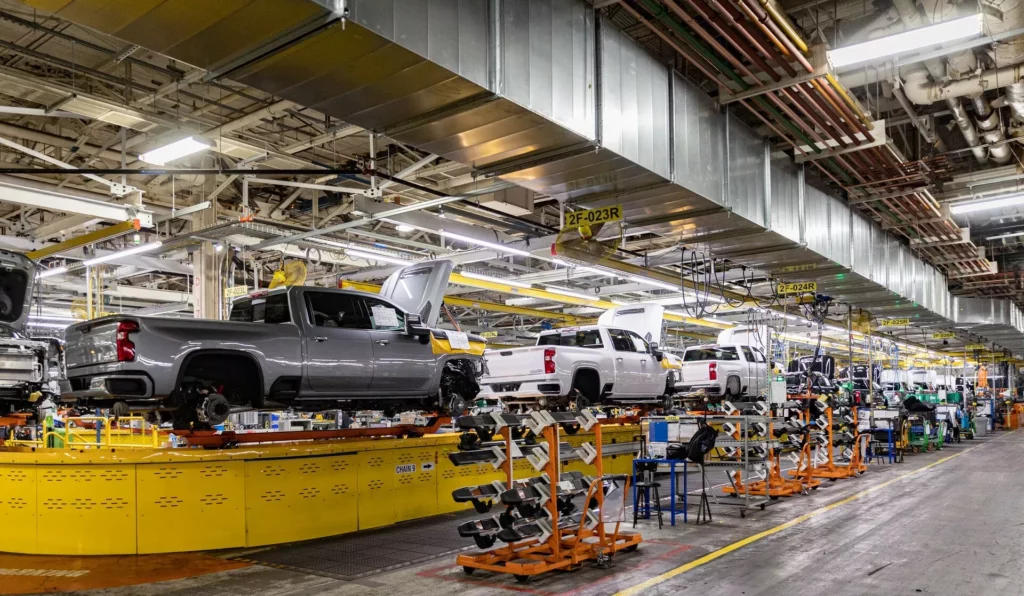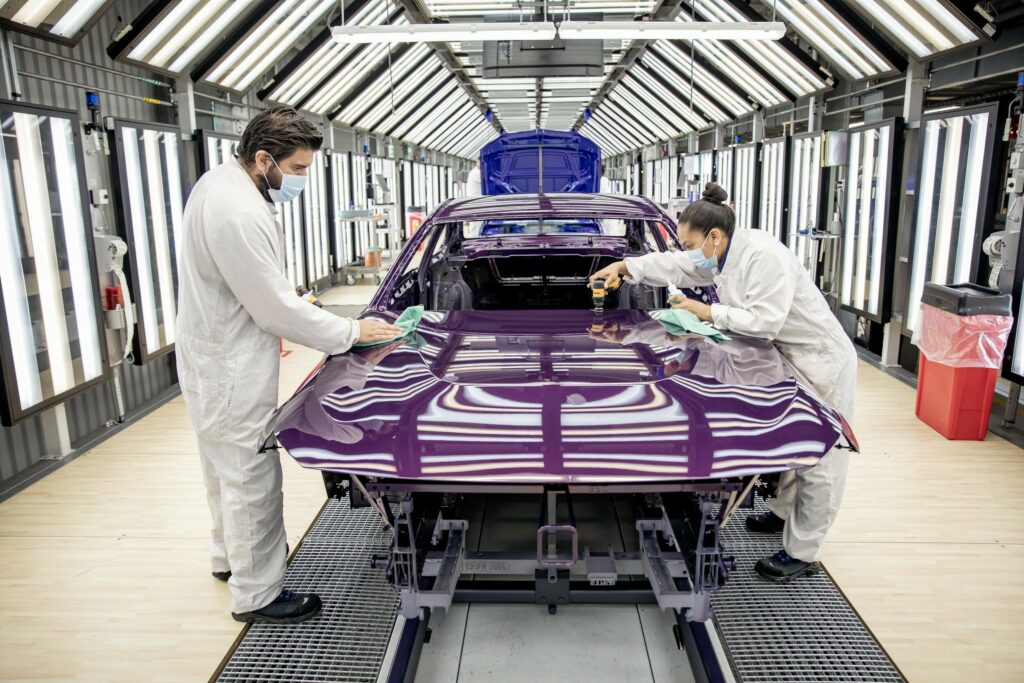USMCA Impact

Ever since the Trump administration announced its new tariff policies, the automotive industry has been buzzing with changes. The United States-Mexico-Canada Agreement (USMCA) has brought some relief to parts suppliers, as parts compliant with this agreement are exempt from a hefty 25% tariff. This has been a sigh of relief especially for our neighbors down south.
Current Tariff Scenario

Mexico, being the biggest exporter of auto parts to the U.S., was particularly relieved after the announcement that USMCA-compliant parts will continue to enjoy zero tariffs. This decision, announced amidst revisions to the tariff policy, allowed auto parts suppliers to apply for offsets against tariffs for two years. This was an essential step, as it gives them the crucial time needed to consider relocating parts production within the United States.
Why It Matters

The significance of this exemption can’t be understated. Picture this: without this move, the industry would have faced increased costs that would likely flow down to the consumer, raising prices across the board. And nobody wants to see sticker shock on their next purchase or service visit.
Driving Experience
Thinking about how these tariffs impact driving, consider this: more manufacturing in-house could potentially lead to innovations and enhancements right at home. Imagine kicking back in a new American-made car that feels as smooth and responsive as a European luxury brand but carries a price tag that doesn’t send your wallet into a frenzy.
What’s Next?
The situation remains fluid. As of now, imported vehicles themselves are facing the 25% tariff barriers, pushing the industry to ramp up domestic manufacturing. While brands may plan to increase their U.S. production capacity, expect car prices to creep upwards until inventories adjust.
Behind the Wheel
For those car enthusiasts who revel in the driving experience, these tariffs and shifts offer a different kind of test drive. It’s all about finding a balance between cost, quality, and the satisfaction of knowing that your ride is supporting local jobs. Overall, this ongoing narrative in the automotive industry tells a bigger story about trade, economics, and consumer preferences.
Ultimately, the changes in tariffs create ripples throughout the industry, impacting everything from supply chains to showroom floors. Everybody from car manufacturers to customers will need to keep an ear to the ground as the industry navigates through these economic changes.
Porsche Powers Laguna
Xiaomi Boosts SU7
Supercar Showdown
Lambo's Speed Icon
Car Sales Surge